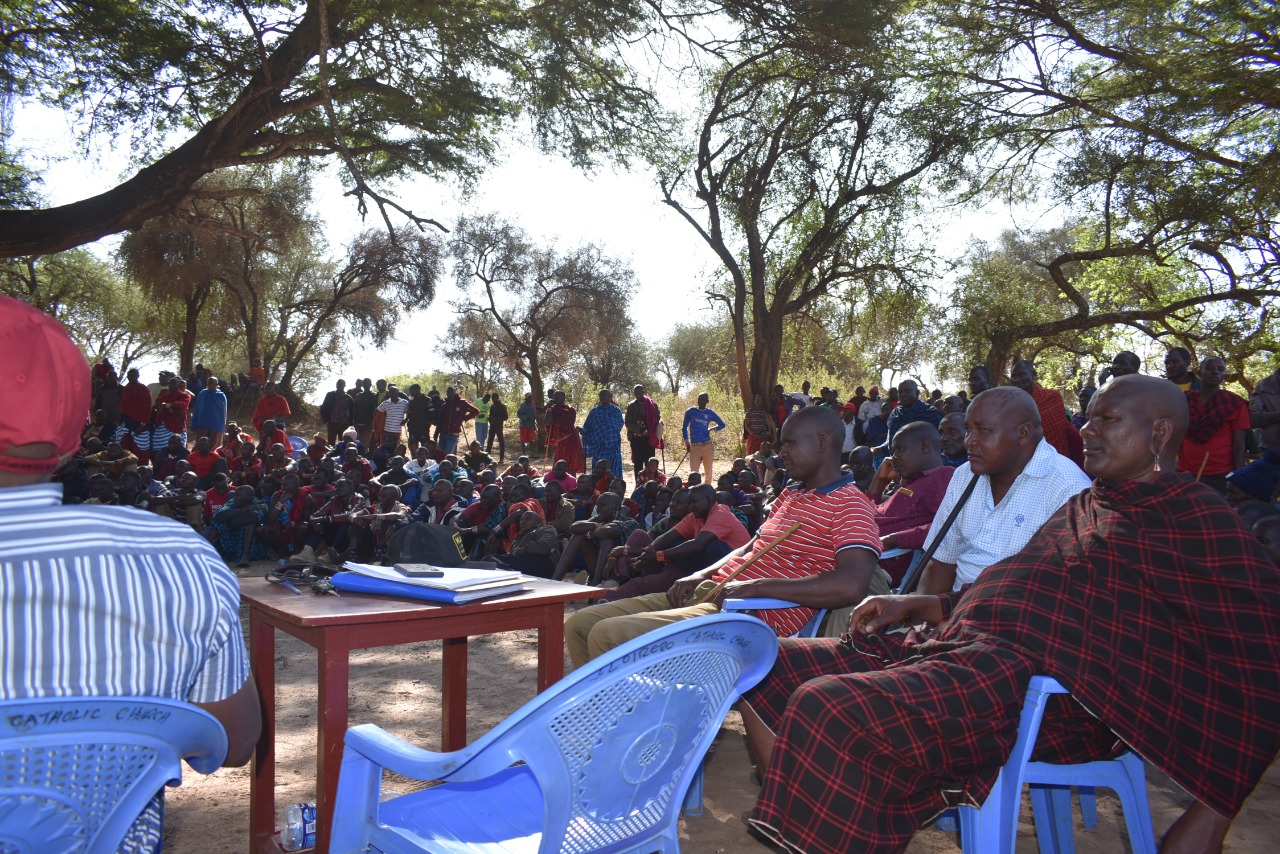
Kenya, known for its breathtaking landscapes, diverse wildlife, and rich cultural heritage, is home to a remarkable natural heritage. However, rapid urbanization, population growth, and industrialization pose significant threats to the country’s pristine ecosystems. Preserving Kenya’s natural heritage and ensuring the conservation of its precious land requires dedicated efforts in advocacy and land registration. This blog sheds light on the importance of advocacy and registration for land preservation in Kenya, emphasizing the need for collective action to protect our invaluable natural resources.
Understanding Advocacy for Land Preservation:
Advocacy plays a critical role in raising awareness, influencing policies, and mobilizing resources to safeguard Kenya’s natural heritage. Effective advocacy campaigns can rally public support, engage stakeholders, and drive decision-makers to prioritize land preservation efforts. Here are some key elements of advocacy for land preservation:
1. Public Awareness and Education: Advocacy efforts begin with raising public awareness about the importance of land preservation. Educating communities, schools, and individuals about the ecological, economic, and cultural significance of protected areas instills a sense of responsibility and fosters a culture of conservation.
2. Stakeholder Engagement: Successful advocacy involves engaging stakeholders, including local communities, indigenous groups, government agencies, non-profit organizations, and businesses. Collaborative partnerships ensure diverse perspectives are considered, fostering sustainable solutions that benefit both people and the environment.
3. Policy Influence: Advocacy initiatives aim to influence policy formulation and implementation at local, regional, and national levels. By advocating for strong land preservation policies, protected areas designation, and sustainable land use practices, advocates can create a favorable legal framework for conservation efforts.
4. Resource Mobilization: Advocacy campaigns raise funds and resources to support land preservation initiatives. These resources are utilized for land acquisition, conservation research, community development, and sustainable livelihood programs that benefit local communities while safeguarding the environment.
The Role of Land Registration in Preservation Efforts:
Land registration is a crucial step in protecting Kenya’s natural heritage. Proper registration ensures legal recognition, ownership rights, and long-term protection of land designated for conservation purposes. Here’s why land registration is vital for preservation efforts:
1. Secure Land Tenure: Registering land for preservation purposes provides legal protection against encroachment, unauthorized use, and land grabbing. It establishes clear ownership rights, preventing conflicts and promoting secure land tenure.
2. Effective Management and Planning: Registered land can be effectively managed and planned for conservation. It enables land managers, conservation organizations, and government agencies to develop and implement sustainable management practices, ensuring the long-term integrity of protected areas.
3. Accountability and Monitoring: Registered land comes with responsibilities and obligations for the landowners and custodians. This accountability facilitates regular monitoring, reporting, and compliance with conservation guidelines, fostering transparent and responsible land management practices.
4. International Recognition and Support: Land registration enhances the credibility and visibility of protected areas on the global stage. Registered lands are eligible for international recognition, conservation grants, partnerships, and technical support from international organizations, strengthening preservation efforts.
Collective Action for Land Preservation:
Preserving Kenya’s natural heritage requires collective action and collaboration from all stakeholders. Here’s how individuals, communities, and organizations can contribute:
1. Support Conservation Organizations: Engage with reputable conservation organizations working towards land preservation in Kenya. Donate, volunteer, or participate in their initiatives to contribute directly to conservation efforts.
2. Advocate for Policy Change: Raise your voice for stronger land preservation policies. Write to your local representatives, participate in public consultations, and support advocacy campaigns that promote sustainable land use practices and protected areas designation.
3. Engage in Sustainable Practices: Practice sustainable land use and responsible tourism. Choose eco-friendly accommodation options, participate in community-led conservation projects, and promote sustainable livelihoods that benefit
local communities and protect the environment.
4. Promote Education and Awareness: Educate others about the importance of land preservation. Organize community events, workshops, and awareness campaigns to inspire individuals and communities to take action in preserving Kenya’s natural heritage.
Preserving Kenya’s natural heritage and protecting its land for future generations is a shared responsibility. Through advocacy and land registration, we can ensure the conservation of our unique ecosystems, safeguard wildlife habitats, and preserve our cultural heritage. By actively participating in advocacy campaigns, supporting land registration efforts, and embracing sustainable practices, we can make a significant impact in preserving Kenya’s natural legacy for years to come. Let us unite our efforts and work together to secure a sustainable future where our land and natural resources thrive in harmony with human development.


